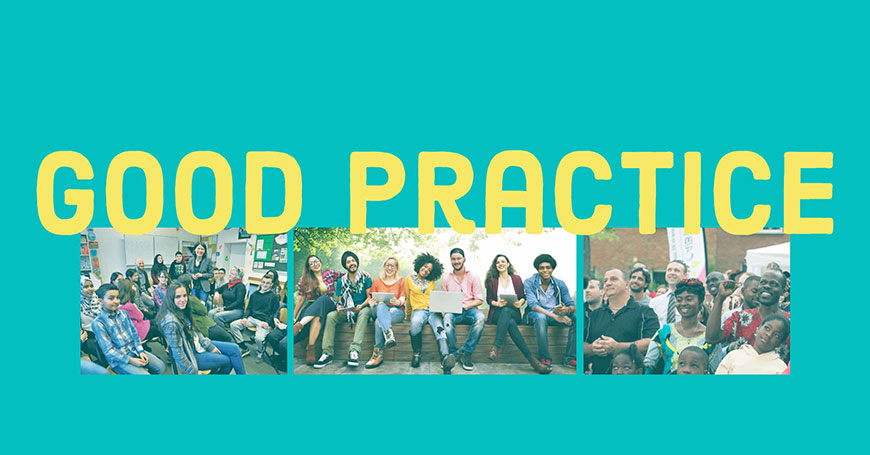Intercultural cities: good practice examples

The first step is the adoption (and implementation) of strategies that facilitate positive intercultural encounters and exchanges, and promote equal and active participation of residents and communities in the development of the city, thus responding to the needs of a diverse population. The Intercultural integration policy model is based on extensive research evidence, on a range of international legal instruments, and on the collective input of the cities member of the Intercultural Cities programme that share their good practice examples on how to better manage diversity, address possible conflicts, and benefit from the diversity advantage.
This section offers examples of intercultural approaches that facilitate the development and implementation of intercultural strategies.
Promoting multilingualism in a multicultural city
Ansan City offers Korean language education for non-nationals. The city itself runs Korean language education programmes while commissioning private organisations to complete the offer. There is a...
Anti-Racism as an Urban Common
Purpose: The concept of “the commons” draws from the English legal term for common land and traditionally refers to shared resources held in common. The commons tend to be understood as material...
Listening Circles on ‘Race’, Racism, and Inequalities
Purpose: Kirklees Council has identified and pursued the potential in Listening Circles to contribute to addressing systemic discrimination. Listening Circles are to provide time and a safe space...


